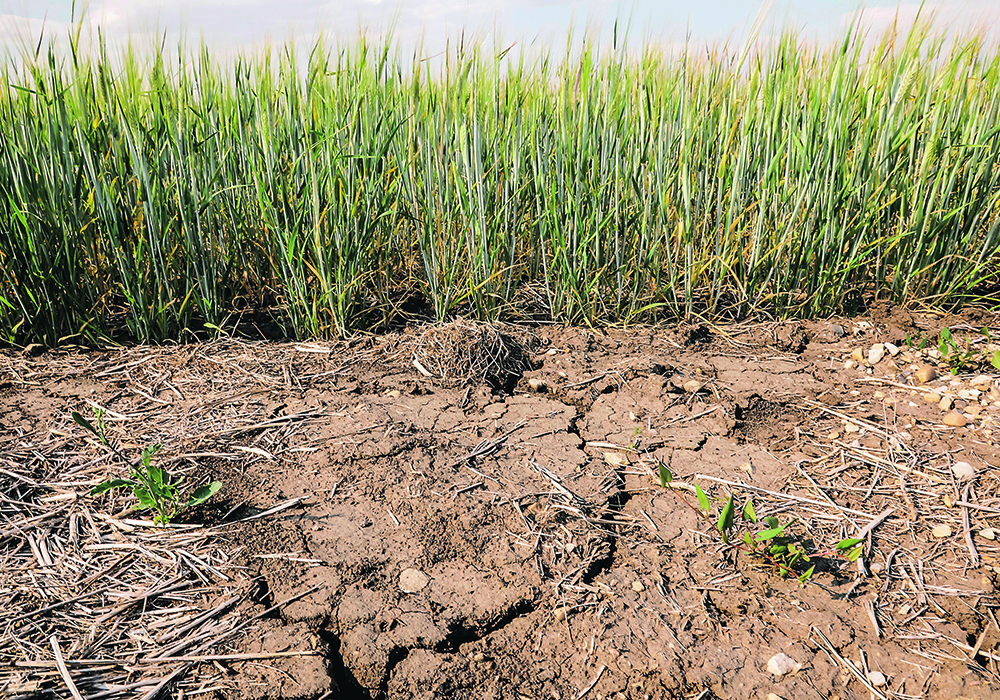And it ain't just China that's to blame.
NAFTA2 aka the SPP is also to blame.
The Canadian Food Inspection Agency is warning the public not to consume Los Angeles Salad Company Genuine Sweet Baby Carrots because the product may be contaminated with Shigella.
The item is labelled as product of Mexico and is sold in 672 gram plastic bags and sell by dates up to and including August 13th, this year.
The agency says the product was sold in Costco stores in British Columbia, Alberta, Ontario, Quebec and Newfoundland.
This is not the news story the three amigos and their corporate buddies wanted to hear this morning.
The Canadian Press reported Sunday night that the leaders will issue a statement regarding procedures aimed at keeping borders open should another 9/11-type emergency occur, yet political activists say there's apparent secrecy on other issues up for discussion.
They say business leaders have been invited to meetings with the "Three Amigos" in Montebello, while protesters have been shut out. Their signs and shouts will only be available to leaders via video link.
"We want Canadians, Americans and Mexicans to know that this is a big-business driven process, for them and by them, to deregulate all sorts of regulations across the board -- environment, health, safety worker standards," said Maude Barlow, chair of the Council of Canadians, the main group behind a protest in Ottawa on Sunday.
Last time it was organic American spinach, then organic carrots. And under the SPP agreement being discussed today America wants Canada to reduce its food safety regulations.
Regulatory harmonization, or regulatory co-operation as it is euphemistically called, is another top priority for business. Leaders have asked their officials to complete a "regulatory framework agreement" in time for the Montebello meeting. This will set the guidelines for many SPP initiatives. It is unlikely that we will see the full framework agreement, and even less so that we will see how it is applied in specific circumstances. Critics believe the government is preparing to weaken Canadian health, safety and environmental regulations and standards in the name of trade.
Let’s take the example of food safety. The SPP’s business council (the NACC) called for the harmonization of Canadian and U.S. lists of toxic substances, which are preventing some U.S. products from being sold in Canada. We also know that an SPP committee is working to resolve differences in pesticide maximum-residue limits. But will we ever know the outcome of these negotiations?
In this case, we do know now, thanks to an astute Ottawa Citizen reporter, who discovered that the Canadian government is in fact planning under the SPP to relax its requirements on pesticide residues on fruits and vegetables entering from the U.S. Some 40 per cent of the pesticides Canada regulates have stricter limits than U.S. regulations. The U.S. sees them as trade barriers and wants the list of priority pesticides to be relaxed. With the Bush administration aggressively dismantling its own regulatory systems, this harmonization concession amounts to Canada importing U.S. deregulation. Will this be the norm or the exception?
SEE:
The Truth About the Farm Crisis
Alberta State Capitalism
Fish Contamination
contientalism, integration, economic integration, Canada, US, Mexico, NAFTA, FTA, WTO, capitalism, labour, left, left nationalism, Quebec, Canada, labour, envrionemntalists, union, labor, socialism, autopact, NDP, Liberals, workers, work, employees, labour, labor, unions, Alberta, B.C., TILMA, Monte Solberg, Labour laws, Leo Gerard, Steelworkers, Untied Steelworkers Union, Amicus, General Transportation Workers Union, Mittal, Mergers, Canada, UK, US, Free Trade, job cuts, layoffs,social credit, Major Douglas, Prairie, agrarian, farmers, populism, populist, producer, producerism, distributionism, Hilare Belocq, Green Party, Conservatives, Wheat Board, Alberta, William Irvine,Henry Wise Wood,UFA,CCF,Manitoba, Canada, US, Grange, development, CATO, P3, state-capitalism, capitalism, industrialization, banks, IMF, NGO, Fordism, India, Marx, trade, free-trade, Third-World,neo-liberalism,
criminology, corporate-crime, white-collar-crime, pets, cats, scandal, criminal-capitalism, Menu Foods, employees,
pet food, manufacturing, melamine, China, USA, Canada,wheat gluten, pay, FDA, Corporations, fatcats, dogs, America,
China, lead into gold, Fischer Price, Mattel, alchemy, corporations, workers, worker-rights
criminology, corporate-crime, white-collar-crime, toys, lead paint, scandal, criminal-capitalism, manufacturing, melamine, China, USA, lead,







